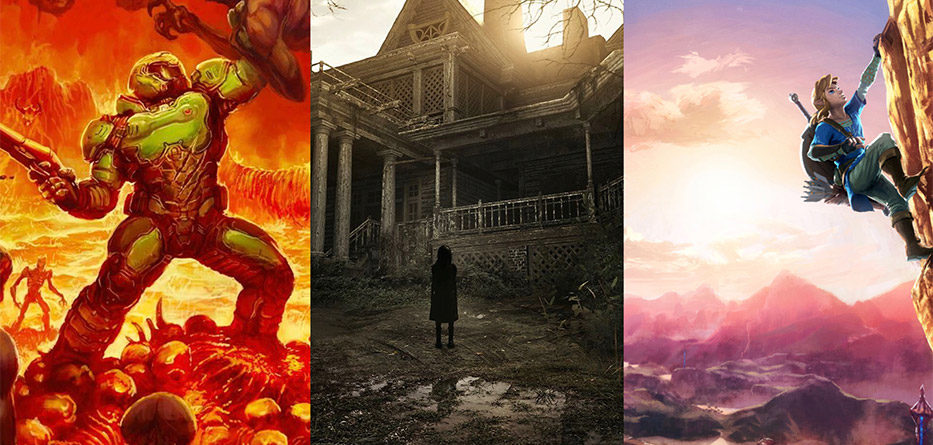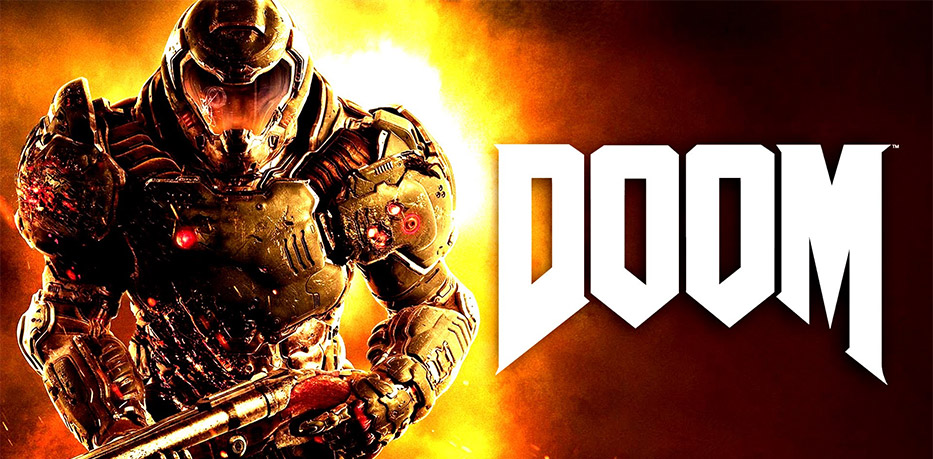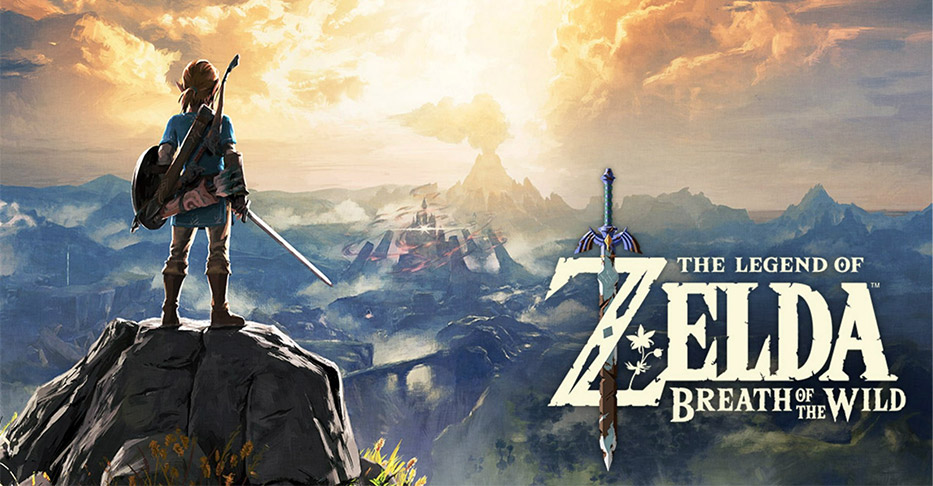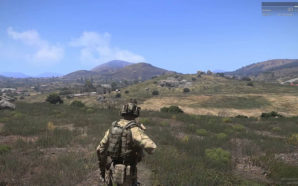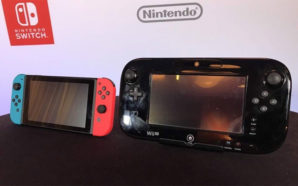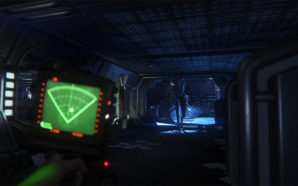A popular sentiment among retro gamers is that the industry isn’t putting out quality titles as frequently as earlier generations. Though this idea stems from heavy nostalgia, it remains very difficult to deny the joy elicited by revisiting a classic. However, gamers of this sort may have picked up on an incredibly uplifting recent trend. Developers have taken notice of this disconnect and started working hard to make new games enjoyable for long time fans. By tearing established franchises down to their core mechanics, developers are figuring out what still works and where to improve. Combining modern design ideas with the hooks that made fans fall in love, and creating some incredible video games.
The modernization veteran franchises need to progress with the industry is paramount to their current success and continuing their legacy. There are three recent examples we’ll be discussing today that accomplished this feat with flying colors. Id Software’s reboot of Doom, Capcom’s Resident Evil 7, and The Legend of Zelda: Breath of the Wild. All three moved forward in quality while retaining the great ideas that made their games famous.
Doom (2016)
After the success of Id software’s Wolfenstein, the company gained the right to call themselves the creators of the FPS. Though it sold well, a small pocket of critics condemned the game for how overly graphic it was. As a response, Id Software decided their next IP would take the player into the deepest depths of hell. This game promised as much blood and guts as they could jam into a DOS game.
In 1993 Doom hit the shelves to much acclaim spawning a sequel just the next year to a similar reception. Despite their success on both occasions, the IP went quiet for almost a decade until the release of Doom 3. Though it wowed critics at the time, it seemed lost on a decent sized group of established fans. The typical complaint was that the game dragged on, not delivering the fast paced action the series was known for. Eight years down the line, Doom 2016 hit shelves and proved that Id software can still make an incredible game.
Players could tell that rather than trying to make their series into a modern shooter, they made a great doom game with modern mechanics. The fast paced gameplay returned, having the player barely experience moments where they weren’t in hectic and bloody combat. Coupled with a soundtrack on par with the beloved score of the original, Id software created something amazing. It feels like an astounding translation of what the original would have been like with today’s improvements to FPS gameplay. It was something fans had been wanting for nearly twenty years and the wait was undeniably worth it
Resident Evil 7
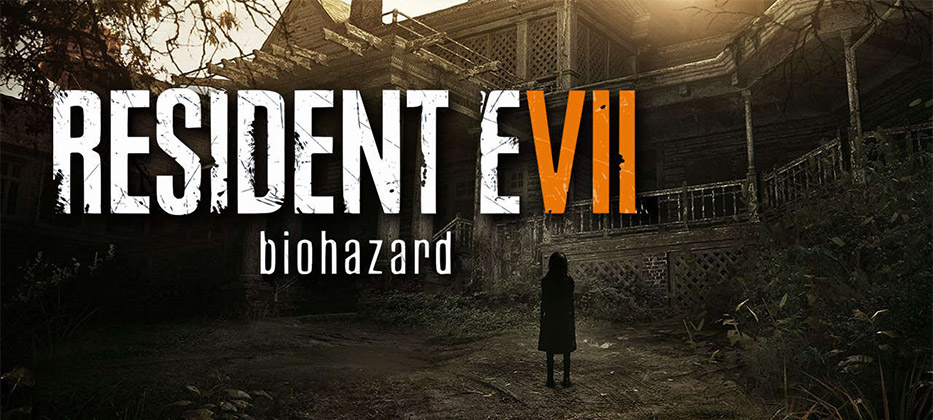
Photo Credit: Photo Credit “https://www.gamespot.com/reviews/resident-evil-7-biohazard-review/1900-6416603/
Capcom’s Resident Evil series started strong on the original Playstation with three well recieved games. The franchise was off to a comfortable start, credited by many for it’s assistance in pioneering the survival horror genre. Capcom then began releasing spinoff titles in the series to a similarly positive reception. 2004 saw the release of Resident Evil 4, and scored incredibly high with fans and critics. Many call it the best in the series, and to some it’s one of the best games of all time.
Capcom had finally struck gold and seemed to coast off of it into the series fifth installment. Once praised for advanced graphics, Resident Evil 5 now stands as the most infamous entry in the series. Fans detested it for it’s departure from a focus on horror to basically becoming an over the top action game. Things didn’t improve afterwords as lackluster spin-off after lackluster Spin-off failed to return hope to long time fans. Then, in 2012 Capcom released the “final” Resident Evil game, Resident Evil 6. This game continued prioritizing action over the survival horror roots of the series and left fans disappointed once again. For veteran fans, Resident Evil 6 was the last nail in the coffin needed to lay this series to rest.
In 2016 a teaser became playable for Resident Evil 7: Biohazard on Playstation 4 and Xbox One. Though it was short, it showcased a very interesting mechanic of viewing VHS tapes to control whoever recorded them. New ideas, clever scenarios and suspenseful pacing familiarized old fans with something long departed from the series…inspiration.
Resident Evil 7 was eagerly anticipated and upon release wowed fans both new and old with a truly impressive game. It brought the franchise into modern horror without using current era gimmicks like a defenseless protagonist or creating a suspenseful walking simulator with little payoff. Instead what fans got was a gritty, tense and sometimes even campy experience that inexplicably made horror fun. It was terrifying, tense in it’s survival mechanics and offered some genius dynamic boss fights to keep you on edge. None of this would have been possible if the decision wasn’t made to return to the series roots. Mixing modern advancements with classic staples, from scarce resources and saves to the game’s compound setting, melded into excellence.
The Legend of Zelda: Breath of the Wild
There’s not much to be said about the Zelda series that isn’t considered relatively common knowledge to most gamers. As a first party Nintendo game it was no surprise that it’s first entry on the NES was a massive hit. It’s success spawned a franchise with entries on every single Nintendo console and handheld to date. The original game, simply titled “The Legend of Zelda,” is beloved for it’s simplicity and open exploration. Fans appreciated the very limited guidance and felt that the game didn’t undermine their abilities. Though almost every game in it’s wake was critically acclaimed, the most notable are The Legend of Zelda: A Link to the Past and The Legend of Zelda: Ocarina of Time. Both are constantly labeled the best game of all time by certain groups in the gaming community.
It’s very hard to pinpoint exactly when the franchise started to take missteps. Fans eventually began criticizing the series as a whole for laying too heavily into it’s staples and becoming increasingly linear. Another big complaint centered the overuse of companion characters to constantly provide verbal help to players. Long time fans wanted to return to what made them fall in love with the series. They wanted the ability to explore and less hand holding. Their wishes absolutely came true with the release of The Legend of Zelda: Breath of the Wild.
This game is the pinnacle of today’s topic. During development, Nintendo actually created Breath of the Wild in an altered version of the original NES game’s engine. They did this to ensure it would work in the classic style as well as a modern open world RPG. It shattered most of the previously mentioned overused staples and perfectly expanded on what made the original game great. Early discussions of the game touched on the size of the obscenely large map. With this news, fans expected a game once again heavily centered on exploration and having an adventure.
The game thrived on clever new ideas as to how the player is able to explore it’s vast open world. However, the most shocking part of the whole experience is just how responsive the game is to the player’s creativity. A large amount of the game’s puzzles have multiple solutions, allowing players to experiment to their heart’s content. Chances are, if a solution actually makes sense to you, there’s often a way to execute it. It’s an incredible game that exists because Nintendo decided to listen to it’s fans and go back to the basics.
If you’re a retro gamer whose hope for the industry has started to sway, fear not. There are developers that are listening and want to provide the best games they can for you. This trend also looks like it’s just beginning with games like Sonic Mania, Mario Odyssey and even Call of Duty World War II on the horizon. Hopefully this trend is picked up by more creators of other beloved series that have started to go down a different path than their fans want, but until then we can only hope.




